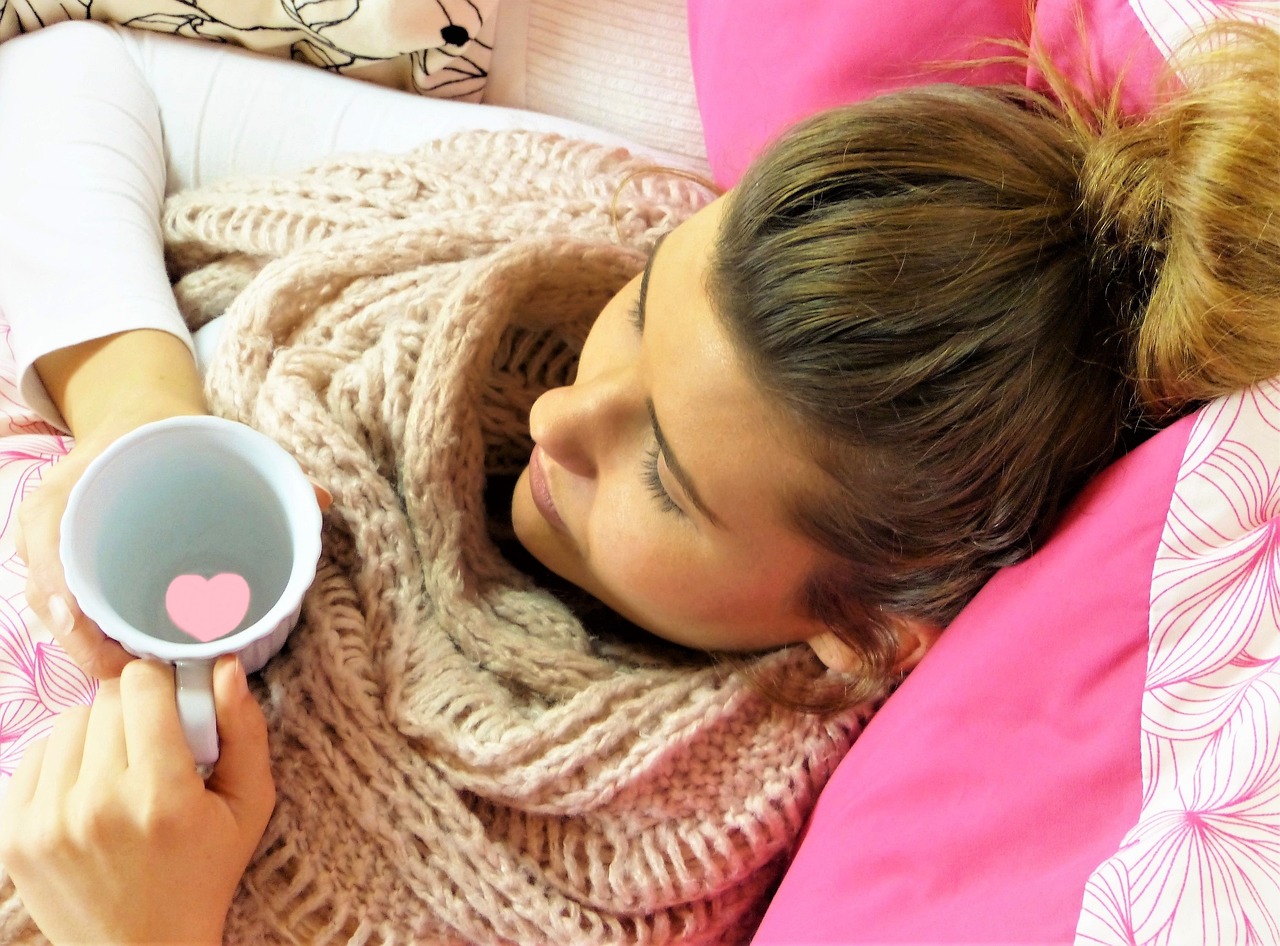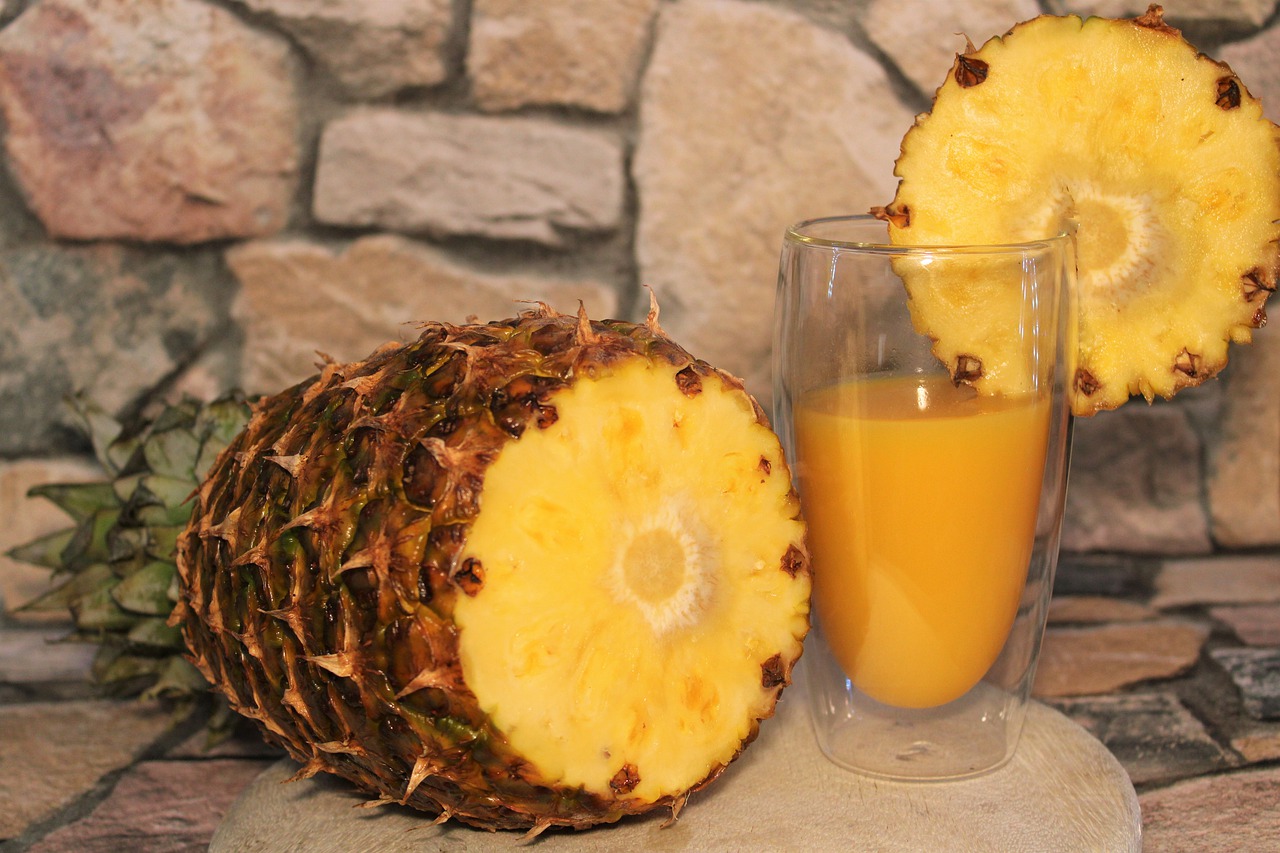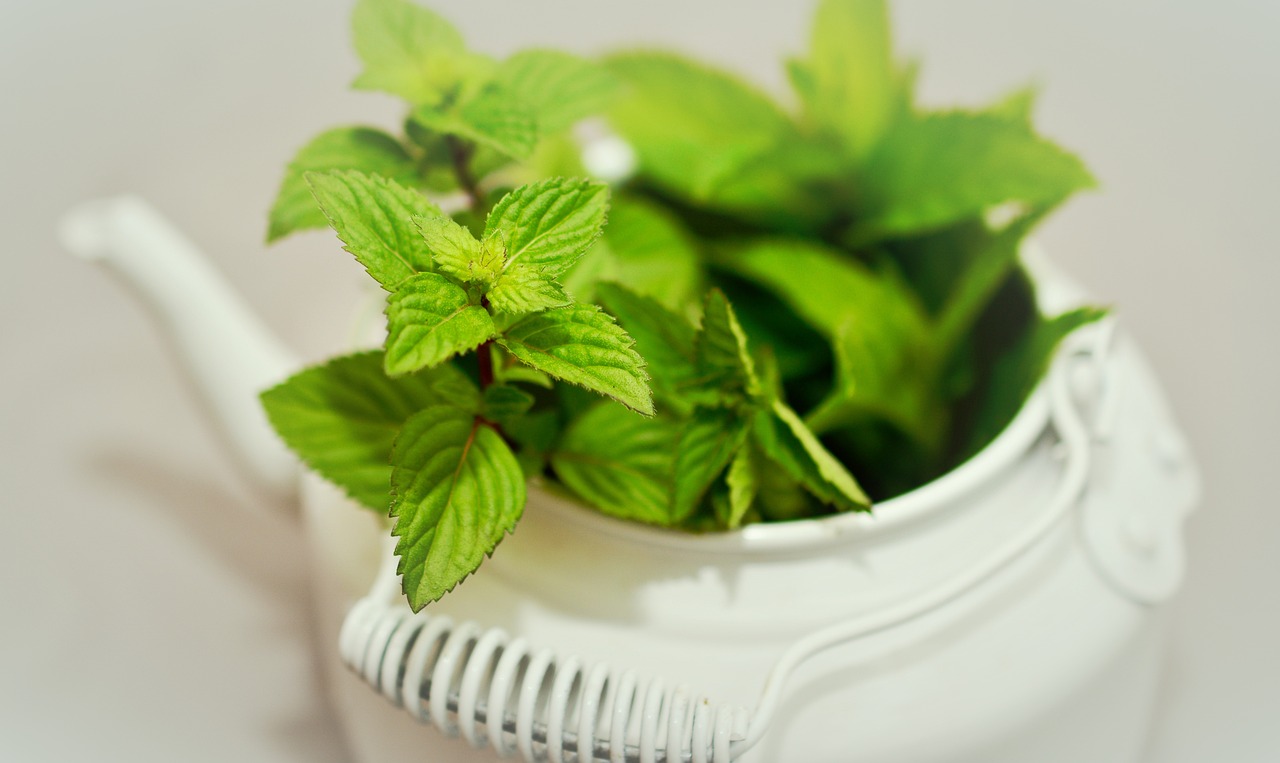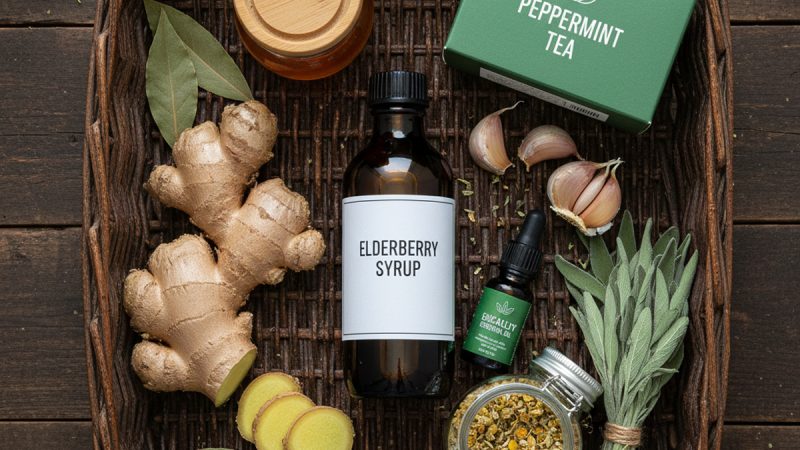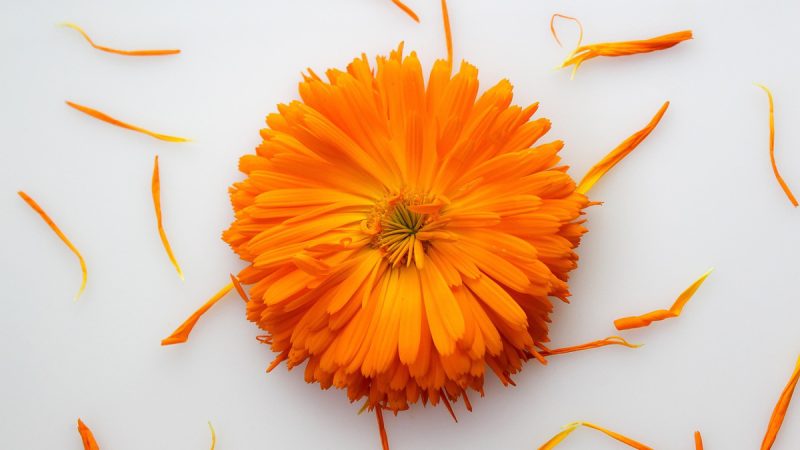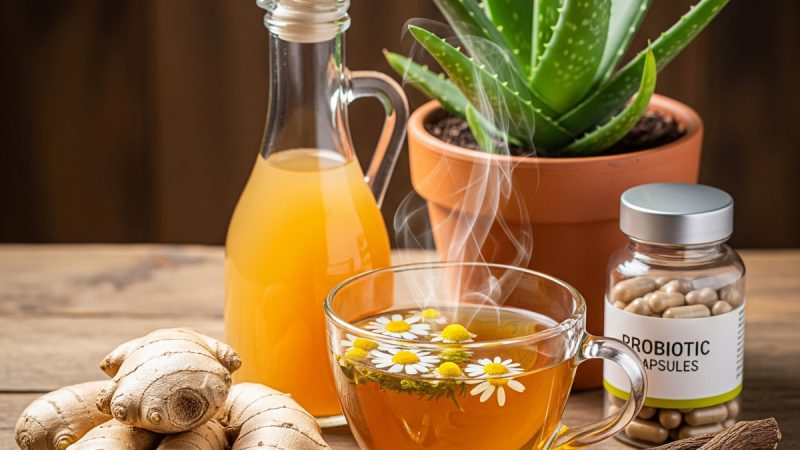Herbal Remedies for Colds and Flu
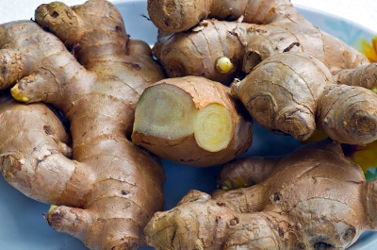
Our approach to colds and the flu is comprehensive and holistic. Just as in our most comprehensive and integral health and wellness programs, it works best to look at the whole person, taking into account many different aspects of wellness health care and then nourish and support the body’s own natural means of keeping itself well.
If you are interested in a more natural approach to colds and flu and in taking better care of your whole self you should know:
Over the counter drugs that are designed to eliminate the symptoms of the cold – ease congestion, stop the cough, soothe the sore throat – actually interfere with the body’s protective immune responses. The condition may seem to get better because of the masking of the symptoms, but actually all that has happened is that the body’s natural immune response has been curtailed. Over the counter cold remedies do nothing to fight cold viruses or boost the immune responses so they can have little effect on the duration of colds.
Of the five antihistamines commonly used to treat colds, research shows that only one of them may actually help dry a runny nose.
Researchers have found that over the counter drugs may have no benefit for preschoolers.
Decongestants can produce side effects like jitters and insomnia.
Mucus, tears, and saliva are all saturated with IgA antibodies. Mucus is a genetically engineered antibiotic substance that contains specific antibodies to your current infection. Thus when you take an over the counter decongestant that dries mucus secretions during a cold or flu you may be reducing your immune responses and contributing to lengthening the duration of your infection. It’s better to take substances that thin and liquefy the mucus and keep it flowing freely with plenty of liquids.
Herbs like licorice may deal with excess mucus through a moistening action, loosening mucus and making it flow more readily out of the body. Marshmallow and slippery elm are two other herbs that may help to do this.
Echinacea and Goldenseal are probably the most frequently recommended herbs for colds and flu in the United States:
Clinically Echinacea is not generally considered to be a major herb for working with the flu although it is often used as an auxiliary herb. Research suggest that Echinacea may be particularly helpful at the onset of a cold or flu. If taken early enough in the appropriate dosages it may contribute to heading off a cold or flu.
Once the cold is well established, though, Echinacea by itself is not the most effective herbal approach. After the cold or flu has taken hold Echinacea continues to be useful in combination with other herbs and it helps shorten the duration and severity of the infection. By itself Echinacea does not usually knock out a cold or flu.
Taking Goldenseal in the early stages of a cold or flu may actually make the condition worse by drying up the mucus membranes. This inhibits the mucus, saturated with antibodies to fight the bacteria, virus or other microbes, from working.
Clinically Goldenseal is used for subacute and chronic infections of the mucus membranes but it is not usually thought to be appropriate for use in the acute stage.
Goldenseal works as a cleanser and anti-inflammatory. It can be helpful at very specific times in very specific doses in a cold. But there is not a single study that shows that Goldenseal works as a cold fighter.
Even better cold and flu herbs:
Black elder is another traditional herbal remedy that has been shown that it may have good effects on the flu. A recent clinical trail showed that a preparation of black elder ended cases of the flu within three days and also boosted the immune system responses. Oregon grape can be used as a contemporary substitute for Goldenseal and may be much better than even Echinacea for use with the common cold.
Peppermint contains compounds that can relax the airways and open congested sinuses and nasal passages.
Ginger appears to fight inflammation and pain. It also appears to acts as an expectorant and have warming effects that can be helpful if you are chilled.
Yarrow fights inflammation and muscle spasm and promotes sweating. It has long been used against colds and flu.
Thyme is an expectorant and appears to fight microbes. Its flavonoids may help decrease smooth muscle spasm which may assists in opening tight airways.
Mullen is a demulcent which contains mucilagous substances that coat and soothe irritated respiratory linings. It may help to loosen a cough and fight viruses.
More natural herbal remedies:
St. John’s Wort has been shown in test tubes studies to inhibit influenza A viruses and parainfluenza virus but not rhinovirus (a cold virus). Osha has traditionally been used in the Rocky Mountains as the most important plant for treating respiratory infections. Osha is used extensively to treat colds, flu, and bronchial infections. The tincture or tea is antibacterial.
Boneset is used as a traditional remedy for the flu. Traditionally, Boneset was used as a major remedy for the flu, fevers, and as a general tonic. It has been used to treat both acute and chronic conditions. In one study the immune stimulating polysaccharides in Boneset were found to be ten times more potent than Echinacea polysaccharides.
An herbal bath may be an effective remedy for easing cold symptoms and increasing immune responses. It may help to nip them in the bud. During the bath the essential oils of the herbs are released by the hot water. These oils are believed to be absorbed through the pores of the skin and through the nose and mouth mucus membranes. Absorption through the mucus membranes may bring the oils into contact with the upper respiratory tract where they are able to exert their antibacterial effects.
The Author:
Mary Ann Copson is the founder of Evenstar Herbs and the Evenstar Mood & Energy Wellness Center for Women. With Master’s Degrees in Human Development and Psychology and Counseling, Mary Ann is a Certified Licensed Nutritionist; Certified Holistic Health Practitioner; Brain Chemistry Profile Clinician. There is a special section of cold and flu remedies in the Evenstar Herbal Products Catalog. http://evenstaronline.com


